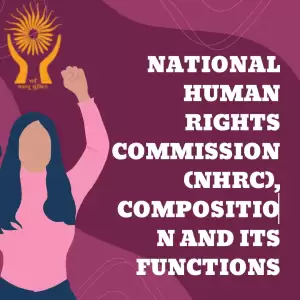
National Human Rights Commission (NHRC), Composition and its functions
The National Human Rights Commission (NHRC) in India is a special government agency that looks after human rights. It was started in 1993 under a law called the ‘Protection of Human Rights Act.’ This law was changed in 2006 to make it even better. The NHRC’s main job is to make sure that everyone’s human rights are respected and protected across the country. This article of Human Rights Awakening Team aims to study in detail the National Human Rights Commission (NHRC), including its composition, powers, functions, challenges faced by it, and other related aspects.
What is the National Human Rights Commission (NHRC)?
– The National Human Rights Commission (NHRC) is a special group in India created by a law called the Protection of Human Rights Act in 1993.
– It’s not part of the Constitution but follows the rules in that law.
– The NHRC makes sure people in India are treated fairly and their rights are protected.
– It focuses on rights like life, freedom, fairness, and respect, which are also in the Constitution and global agreements.
– The main office of the NHRC is in New Delhi, but it can have other offices in different places in India.
sometimes, workplaces aren’t fair. Human rights help make sure everyone gets treated right at work, no matter who they are.
NHRC History
– In 1948, the United Nations made the Universal Declaration of Human Rights (UDHR).
– In 1991, the Paris Principles were made for National Human Rights Institutions (NHRIs).
– In 1993, the UN agreed on these Paris Principles.
– In 1993, India made the Protection of Human Rights Act.
– This made the National Human Rights Commission (NHRC).
– The Protection of Human Rights Act also let state governments make State Human Rights Commissions.
Aims and Objectives of National Human Rights Commission
The National Human Rights Commission aims to:
- Make the systems better for handling human rights issues more effectively.
- Investigate complaints of wrongdoing independently from the government to show it cares about protecting human rights.
- Support and improve the efforts already made to protect human rights.
Composition of National Human Rights Commission (NHRC)
The commission is a multi-member body consisting of the following full-time members
|
Composition of NHRC |
|
|
Chairman of NHRC |
Retired Chief Justice of India |
|
Member 1 |
One who is/has been a Judge of Supreme Court of India or One who is/has been a Chief Justice of a High Court |
|
Three Members |
Candidates with the knowledge or practical experience in the matters of Human Rights (at least one to be a woman member) |
|
Deemed Members (Ex-officio Members) |
Deemed members are chairpersons of the below national commissions:
|
Appointment of NHRC Members
– A Selection Committee will suggest candidates to the President.
– The Committee includes:
– Prime Minister (Chairman)
– Speaker of Lok Sabha (House of the People)
– Union Home Minister
– Deputy Chairman of Rajya Sabha (Council of States)
– Leaders of the Opposition from both Houses of Parliament
– People interested can find more information on the official website of the National Human Rights Commission at https://nhrc.nic.in/.
Functions & Powers of NHRC
– Investigate any violation of human rights or neglect in preventing such violations by government officials, whether it’s on its own initiative, from a petition, or by court order.
– Get involved in court cases about human rights violations.
– Visit jails and places where people are detained to see how they’re living and suggest improvements.
– Review the laws and rules that protect human rights and suggest ways to make them work better.
– Look into things like terrorism that stop people from enjoying their rights and suggest how to fix them.
– Study international agreements about human rights and suggest ways to make sure they work well in India.
– Do and promote research about human rights.
– Teach people about human rights and how they’re protected.
– Support groups outside the government that work on human rights.
– Do other things it needs to do to make sure human rights are respected and protected.
Challenges faced by National Human Rights Commission
– Administrative Problems:
– Not enough resources like money and staff make it hard for NHRC to work well.
– NHRC doesn’t have enough power in how it runs things or how it spends money.
– Financial Issues:
– NHRC depends on yearly money from the Ministry of Home Affairs, which limits its freedom to spend money on its own.
– Not having enough money stops NHRC from handling new human rights problems and doing all its work.
– Staffing Problems:
– NHRC doesn’t have enough people working there compared to what it should, which makes it hard to do its job.
– The part of NHRC that deals with complaints and solving them doesn’t have enough people, which makes it hard to do its job well.
– Not enough experienced investigators makes it hard for NHRC to check places like jails where people might be hurt or kept unfairly.
– NHRC staff might not know enough about laws, investigations, or how to speak up for human rights, which makes it hard for NHRC to do its job right.
– Challenges in Working:
– NHRC finds it hard to meet the needs of people across India who face human rights problems, which stops it from protecting people like it should.
– It’s not easy for NHRC to help in faraway or places where people don’t get much help.
– Many people don’t know what NHRC does or how it helps, which means people might not tell NHRC about human rights problems, or get help from it.
The National Human Rights Commission shows a strong promise to protect human rights despite facing new challenges. By defending freedoms, fighting for fairness, and promoting respect for human rights, the NHRC not only helps people but also makes democracy stronger. To keep improving, it’s crucial to support and strengthen such institutions. This ensures that human rights are respected everywhere, leading to a fairer and better world for everyone.
Promoting Water Conservation: Ensuring Comprehensive Environmental Wellness and Community Support
Read More »Our Latest News and Blogs

Promoting Soil Conservation: Ensuring Comprehensive Environmental Wellness and Community Support
Promoting Soil Conservation: Ensuring Comprehensive Environmental Wellness and Community Support Introduction to Soil Conservation Ensuring soil conservation and promoting sustainable practices are essential for building resilient societies. Effective
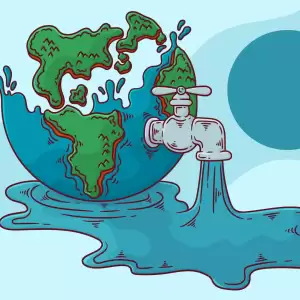
Promoting Water Conservation: Ensuring Comprehensive Environmental Wellness and Community Support
Promoting Water Conservation: Ensuring Comprehensive Environmental Wellness and Community Support Introduction to Water Conservation Ensuring water conservation and advancing sustainable practices are fundamental to creating thriving societies. Effective
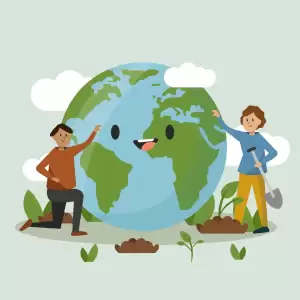
Environment Protection Act of 1986: A Comprehensive Overview
Environment Protection Act of 1986: A Comprehensive Overview The Environment Protection Act of 1986 is a pivotal piece of legislation in India aimed at ensuring the protection and improvement
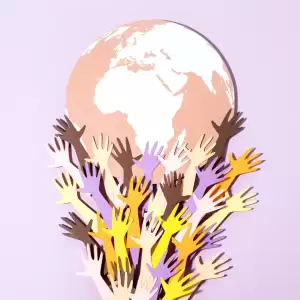
The United Nations Commission on Human Rights (UNHRC): A Comprehensive Overview
The United Nations Commission on Human Rights (UNHRC): A Comprehensive Overview Introduction The United Nations Commission on Human Rights (UNHRC) is a key organization in the global effort
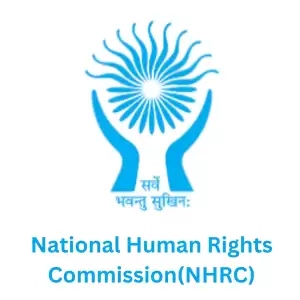
The Prevention of Food Adulteration Act, 1954: A Comprehensive Overview
The Prevention of Food Adulteration Act, 1954: A Comprehensive Overview Introduction Food adulteration, a significant concern in India, refers to the deliberate addition of inferior substances or contaminants

NHRC (National Human Rights Commission)
National Human Rights Commission (NHRC) The National Human Rights Commission (NHRC) is a significant entity of the Government of India with a mission to promote and protect human rights. Established

Promoting Health for All and Family Welfare: Ensuring Comprehensive Wellness and Community Support
Promoting Health for All and Family Welfare: Ensuring Comprehensive Wellness and Community Support Introduction to Health for All and Family Welfare Ensuring health for all and advancing family
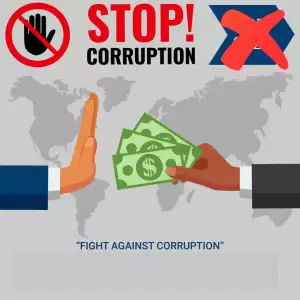
Eradicate Corruption and Combat Corruption: Promoting Consumer Protection and Community Leadership
Eradicate Corruption and Combat Corruption: Promoting Consumer Protection and Community Leadership Introduction to Eradicating Corruption and Combatting Corruption Eradicating corruption and combating corruption are critical for safeguarding public

Promoting Consumer Protection and Prohibition of Food Adulteration through Care and Community Leadership
Promoting Consumer Protection and Prohibition of Food Adulteration through Care and Community Leadership Introduction to Consumer Protection and Community Leadership Consumer protection and the prohibition of food adulteration
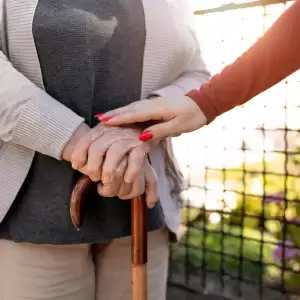
Promoting Help and Welfare for Elders through Care and Community Leadership
Promoting Help and Welfare for Elders through Care and Community Leadership Introduction to Elderly Welfare and Community Leadership Help and welfare for elders are essential pillars crucial for
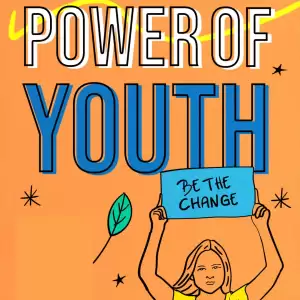
Promoting Integrity and Empowerment through Youth Welfare and Leadership
Promoting Integrity and Empowerment through Youth Welfare and Leadership Introduction to Youth Welfare and Leadership Youth welfare and leadership are essential pillars crucial for fostering growth, empowerment, and
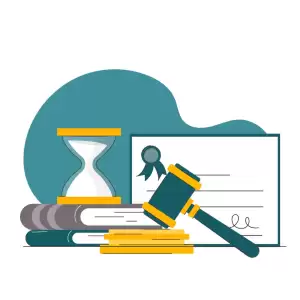
Promoting Integrity and Empowerment through Anti-Corruption and Anti-Bribery Awareness
Promoting Integrity and Empowerment through Anti-Corruption and Anti-Bribery Awareness Introduction to Anti-Corruption and Anti-Bribery Anti-corruption and anti-bribery efforts are foundational pillars crucial for fostering integrity, empowerment, and
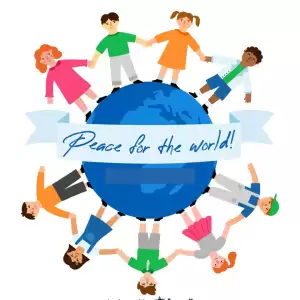
Every Child Matters: Promoting Community Empowerment
Every Child Matters: Promoting Community Empowerment Introduction to Environmental Sustainability and Community Empowerment Environmental sustainability and community empowerment are foundational pillars crucial for fostering resilience and well-being within

Understanding the UN Human Rights Council (UNHRC)
Understanding the UN Human Rights Council (UNHRC) The UN Human Rights Council (UNHRC) is an important inter-governmental body established within the United Nations system. It took over the role

Promoting Environmental Sustainability and Community Empowerment Through Tree Plantation
Promoting Environmental Sustainability and Community Empowerment Through Tree Plantation Introduction to Tree Plantation and Tree Planting Services Tree plantation and tree planting services are foundational pillars crucial for

Legal Aid and Awareness: Promoting Integrity and Empowerment
Legal Aid and Awareness: Promoting Integrity and Empowerment Introduction to Legal Aid and Awareness Legal aid and awareness are foundational pillars crucial for fostering integrity, empowerment, and justice

Community Health and Family Welfare: Fostering Integrity and Awareness
Community Health and Family Welfare: Fostering Integrity and Awareness Introduction to Community Health and Family Welfare Community health and family welfare are fundamental principles crucial for fostering well-being,

Promoting Environmental Stewardship and Leadership: Empowering Youth Through Tree Plantation
Promoting Environmental Stewardship and Leadership: Empowering Youth Through Tree Plantation In this article, we delve into the crucial realm of promoting leadership values among the youth through tree plantation

Empowering Youth Welfare and Sports: Promoting Leadership Values
Empowering Youth Welfare and Sports: Promoting Leadership Values In this article, we delve into the crucial realm of promoting leadership values among the youth through welfare programs focused on

Promoting Protection of Person and Property of NRIs in India: Empowering Through Support
Promoting Protection of Person and Property of NRIs in India: Empowering Through Support In this blog, we will delve into the critical topic of protecting the person and property

Promoting Non-Adulteration of Food and Food Safety: Empowering Through Support
Promoting Non-Adulteration of Food and Food Safety: Empowering Through Support Introduction to Non-Adulteration of Food and Food Safety Non-adulteration of food and food safety are fundamental human rights
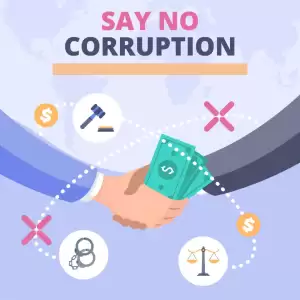
Anti-Corruption and Awareness
Anti-Corruption and Awareness Introduction to Anti-Corruption and Awareness Anti-corruption and awareness are fundamental principles crucial for fostering integrity, transparency, and equity within societies. Upholding these principles is not

Legal Aid and Awareness: Empowering Through Support
Legal Aid and Awareness: Empowering Through Support Introduction to Legal Aid and Awareness Legal aid and awareness are fundamental human rights and essential components of a just
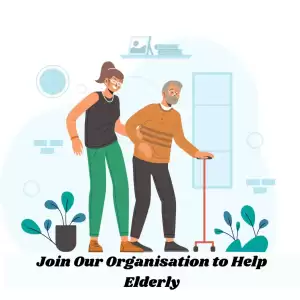
Help Elderly: Empowering Through Support
Empower the elderly through compassionate support. Discover how we advocate for their rights and dignity, ensuring access to healthcare, social services, and community engagement. ChatGPT Empower the elderly through compassionate

Education for All: Empowering Through Knowledge
Education for All: Empowering Through Knowledge Introduction to Education for All Education is not just a fundamental human right but a cornerstone of societal progress. As articulated in
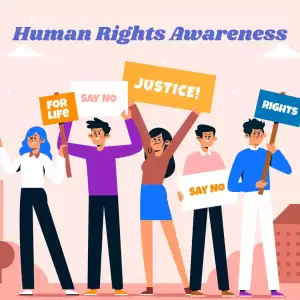
Empowering People Through Human Rights Awareness
Empowering People Through Human Rights Awareness Human Rights Awakening is committed to raising awareness about human rights issues worldwide. Our organization is driven by the belief that

National Human Rights Commission (NHRC), Composition and its functions
National Human Rights Commission (NHRC), Composition and its functions The National Human Rights Commission (NHRC) in India is a special government agency that looks after human rights. It
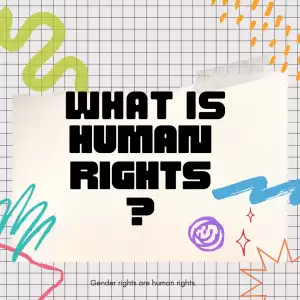
What is Human Rights?, Its evolution, Importance of Human Rights and more…
What is Human Rights?, Its evolution, Importance of Human Rights and more Human rights are things we all have just because we’re human. They’re not given by any government.

Human Rights Awakening: A Path Towards Universal Well-being
Human Rights Awakening: A Path Towards Universal Well-being The need for the Human Rights Awakening of is more urgent than ever in a world full of variety and difficulties.
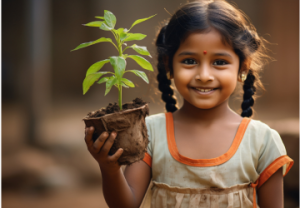
Tree Plantation Drive: 100 Million Trees
Tree Plantation Drive: 100 Million Trees At Our Human Rights Awakening Organization, we care deeply about helping the less fortunate and protecting our environment. We believe in the saying,
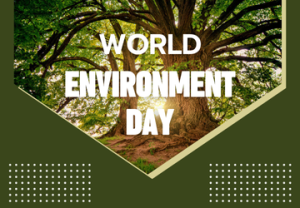
World Environment Day 2024
Welcome to our blog discussion on World Environment Day! Today, we delve into the history of this globally celebrated occasion, explore its theme over the years, highlight significant events, and
Exploring India’s Finest: The Best Horse Breeds
In the diverse tapestry of India’s cultural heritage, horses have always held a special place. From ancient times to the present day, these majestic creatures have been revered for their





Leave a Reply